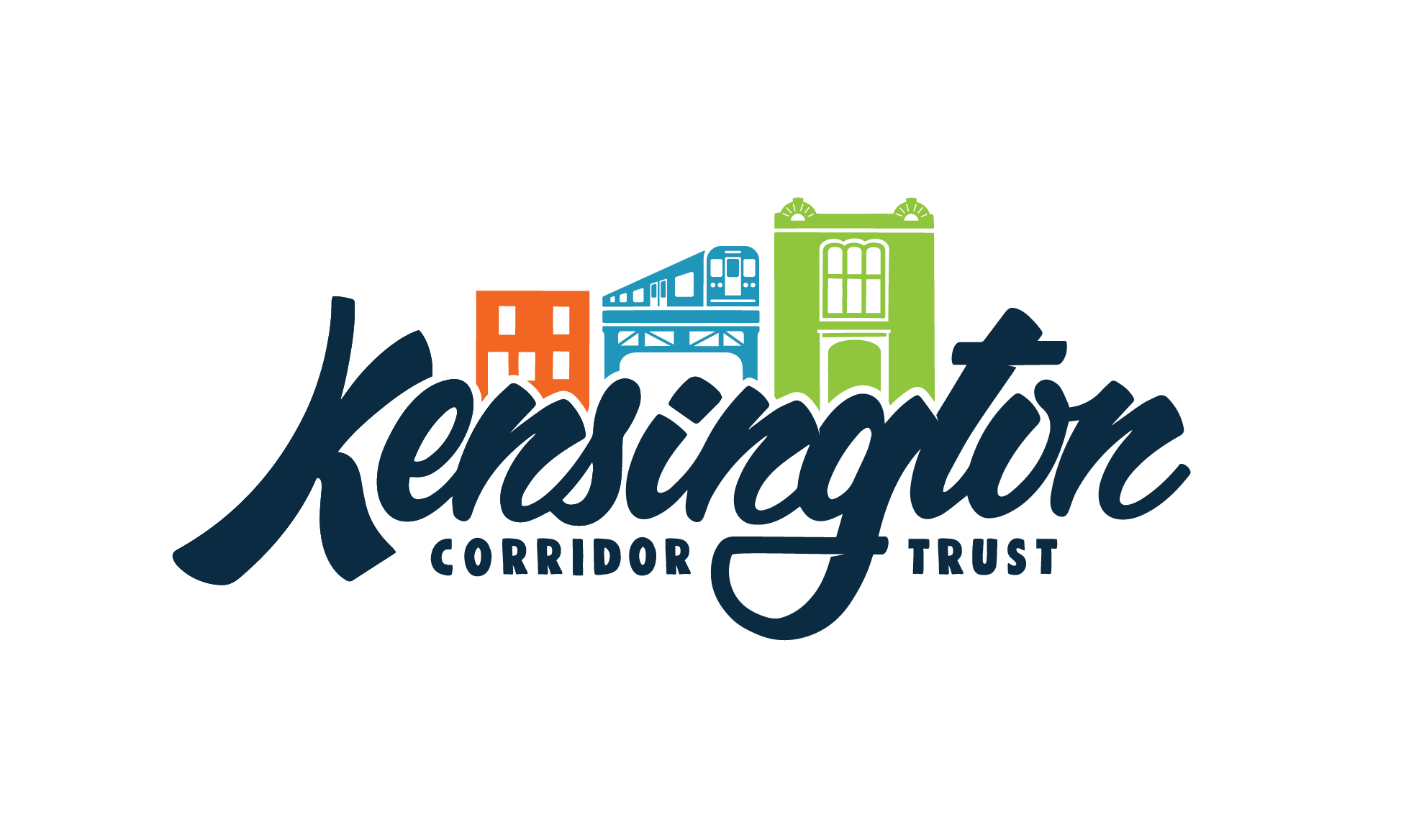About
About
The Kensington Corridor Trust (KCT) seeks to foster the equitable economic revitalization of a commercial corridor and its surrounding neighborhood through local partnerships, strategic programming, and an innovative approach to moving real estate assets out of the speculative private market. Leveraging patient, flexible capital and a long-term trust vehicle, the KCT intends to de-commodify real estate assets and transition them to neighborhood control. This pioneering model of neighborhood ownership, governance and local economic development has the potential to keep control within the neighborhood and ensure long-term affordability. The KCT introduces neighborhood-based property control for long-term, equitable revitalization of a key commercial corridor.
Activities focus on restoring cleanliness and safety, attracting and accelerating businesses to provide goods and services that meet local needs, and increasing job opportunities. The Trust’s programming is underpinned by strategic property acquisition, development, and activation.
The status quo excludes the community, does not build knowledge and capacity in the community, and extracts value. The KCT will leverage a Neighborhood Trust Model to maintain community control of property use and values in perpetuity while reinvesting income into community programs. This framework protects the property from significant price escalation while allowing income from the property to be reinvested into community programming and improvement initiatives.
MISSION
To help the Kensington community reclaim control over a once thriving commercial corridor by reactivating real estate, fostering local entrepreneurship and reinvesting capital in the neighborhood.
VISION
Kensington Avenue is a safe, healthy, and socioeconomically diverse commercial corridor with accessible opportunities for the existing and future residents of Kensington.
VALUES
Equity
Community
Stewardship
Transparency
“The Neighborhood Trust vests ownership and control with the neighborhood, rather than with outsiders, and protects and maintains long-term affordability.”



